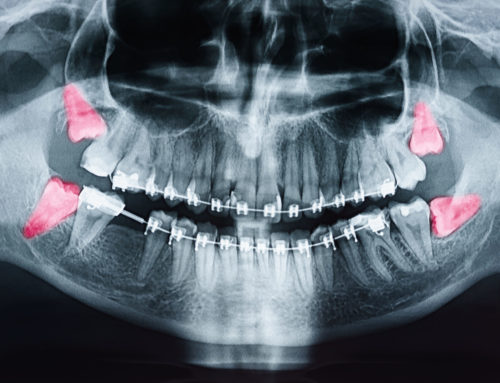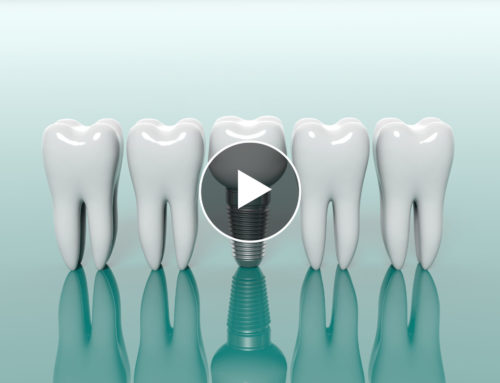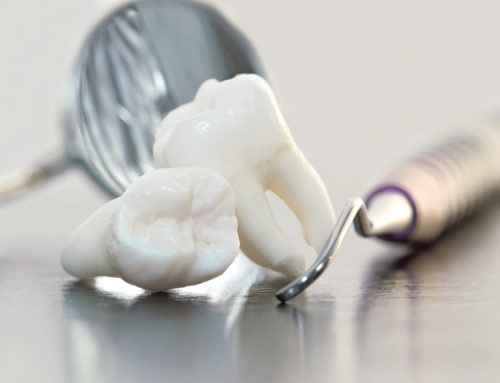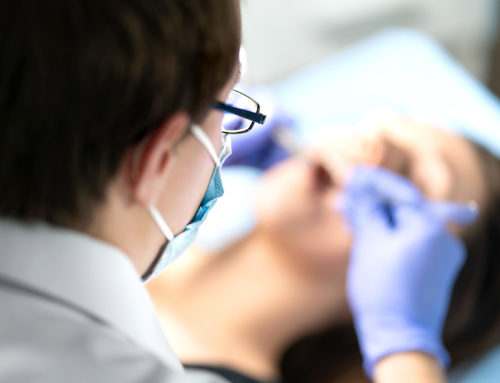 The temporomandibular joint is the joint that connects the jaw to the skull. It is located just in front of the lower part of the ear and is a ball-and-socket type joint – just like the shoulder and hip. When you open your mouth wide, the ball part of the joint known as the condyle, pops out of socket and returns upon closing the mouth.
The temporomandibular joint is the joint that connects the jaw to the skull. It is located just in front of the lower part of the ear and is a ball-and-socket type joint – just like the shoulder and hip. When you open your mouth wide, the ball part of the joint known as the condyle, pops out of socket and returns upon closing the mouth.
Dislocation of the jaw happens when the condyle pops too far out of socket and does not return back in place upon closing the mouth.
This phenomenon generally happens when the ligaments surrounding the joint become loose and are incapable of pushing the ball joint back into place. A dislocation may also happen if the surrounding muscles of the temporomandibular joint spasm and hold the ball out of place, preventing it from returning into the joint.
How Do I Know If My Jaw Is Dislocated?
When the temporomandibular joint becomes dislocated it will cause immense discomfort. If your jaw is dislocated, you will be unable to return your mouth to the closed position until the joint pops back into place.
The mere fact that you are unable to close your mouth is cause enough to diagnose a dislocated jaw. A dislocated jaw typically will last until the jaw is set back into place; which upon doing so will offer relief of discomfort. In order to reset the TMJ the jaw must be relaxed. Though it is possible to reset the joint without medical attention, generally speaking, you will need professional help to reset the jaw.
If your jaw has been dislocated, you will know because of the inability to close your mouth. If you experienced a time where your mouth would not close and then the joint popped back into place affording you relief, then you likely had a dislocated jaw that corrected itself.
Please contact us if you feel you may be suffering from a TMJ disorder or dislocated jaw.





